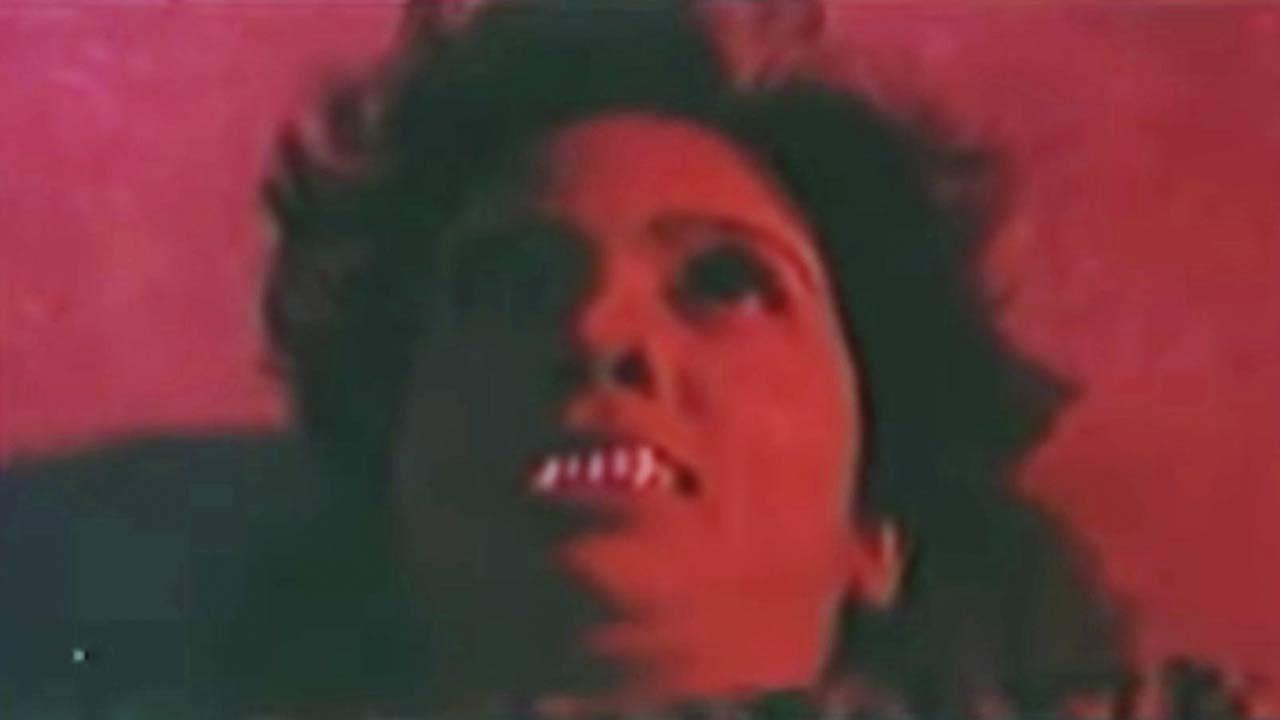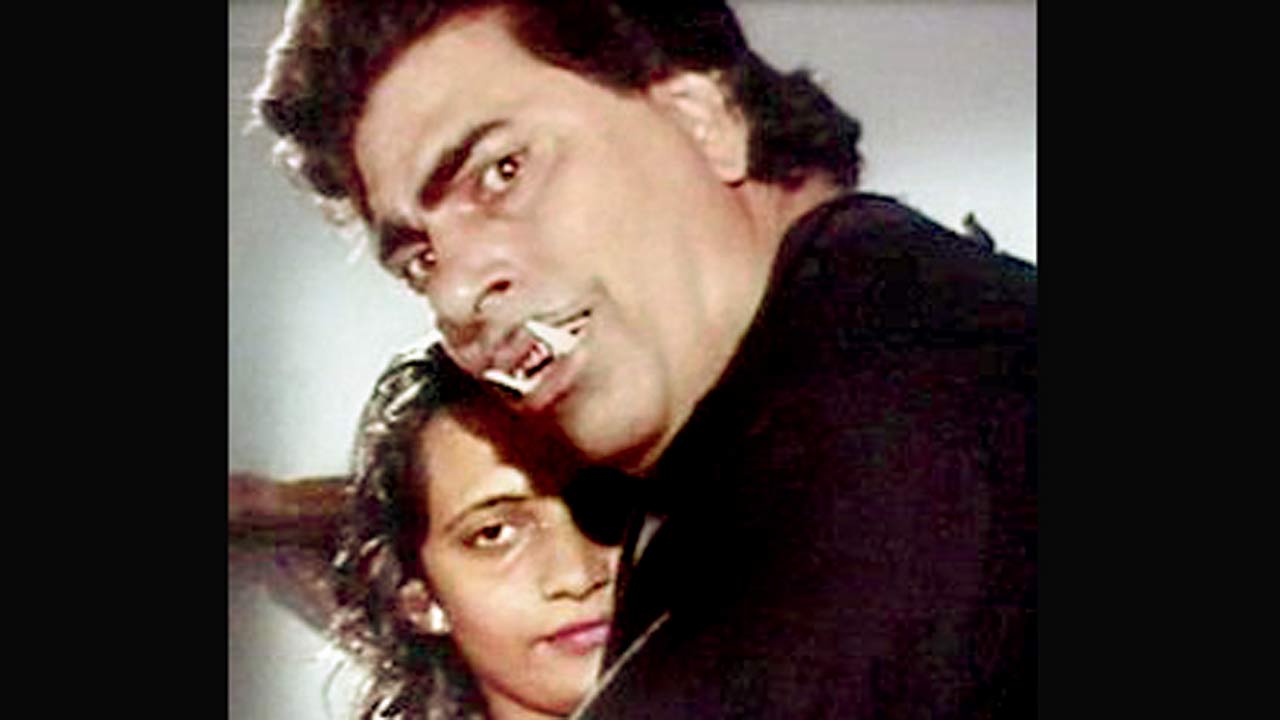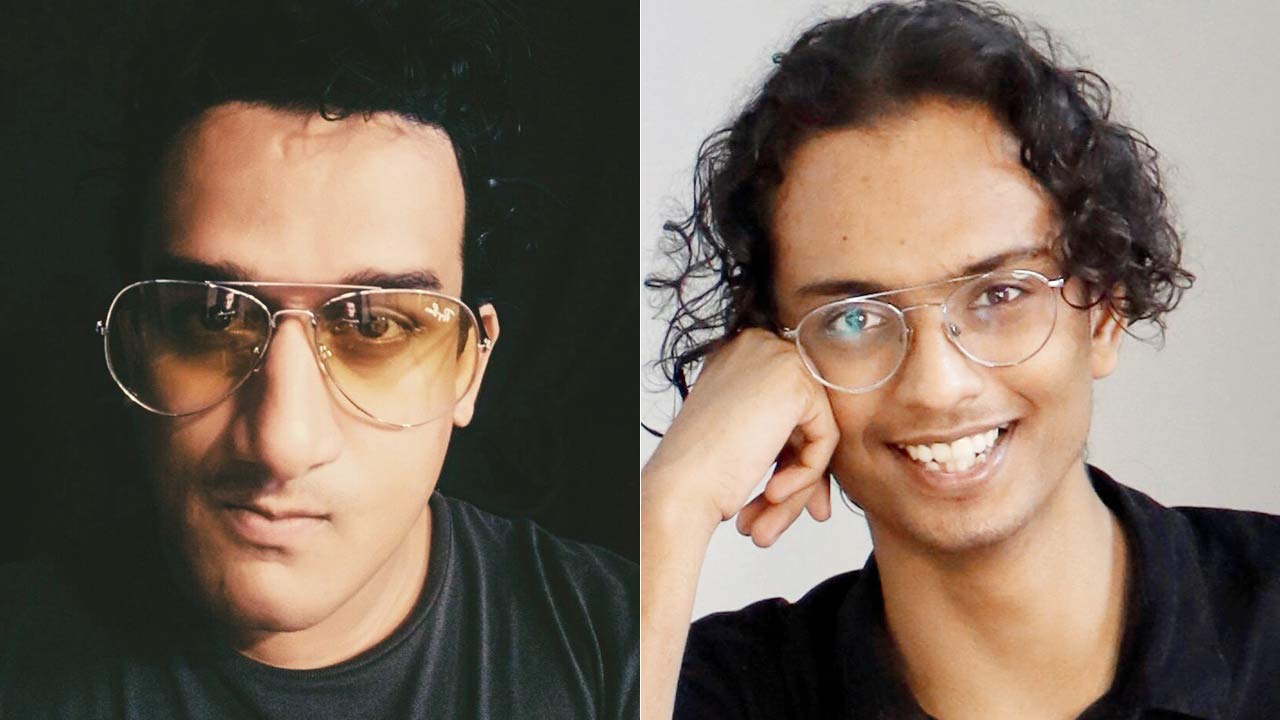Social media accounts hold on to the charm and extravagant nature of pop culture of the ’90s by collecting moments from cult B movies and candid star interviews

Still from Sar Kati Laash (1999) by Teerat Singh
For ’90s kid Aseem Chandaver, a love for B movies started with Sajid Khan’s Kehne Mein Kya Harj Hai, which brought out the funny details in films and Channel V’s Colossal Chaos Countdown, the ideal Sunday morning show for any B movie buff, that aired in 2002. “Even as a 15-year-old, I could tell that these were very high concept films that couldn’t be executed properly because they didn’t have access to good technicians,” says Chandaver, who has been collecting them over the years, owning over 500 such films that he has plans of further digitising for safekeeping. His @babajogeshwari account on Instagram, which originally started as a YouTube channel around 2006, collects B movie memorabilia, curating moments that stood out.
The period when B movies flourished was between 1992 and 2010, says Chandaver, its golden period spanning the years 1998 to 2003. Films like Khooni Dracula, which he calls “the holy grail” given its unadulterated entertainment value, Hatyarin with its “Hollywood-level effects”, and its director Vinod Talwar working at his peak, Bhoot Ke Peeche Bhoot by Kanti Shah’s brother Kishan Shah, and Sar Kati Laash by Teerat Singh are among his favourites. “The best part about these B movies was that the villain was the real hero, while the hero himself was expendable. The villains had more control, more liberty in the way their characters behaved,” he says, while observing that more than sleaze, it was horror that was the real draw as it had erotica, action and effects.
 Still from Khooni Dracula (1992) by Harinam Singh
Still from Khooni Dracula (1992) by Harinam Singh
These are cult films, says Chandaver, the reason behind the renewed focus on them being the recent Hollywood film The Disaster Artist about American B movie actor, director, screenwriter and producer Tommy Wiseau. “People realised that every country has a B movie industry and we should pay attention to it,” says Chandaver. “These movies were the ‘upside down’ of Bollywood, which was an entirely upper crust industry,” he adds, it being the home of more marginal filmmakers. While they couldn’t execute things the way Bollywood did in spite of having good dialogue writers, they had raw honesty in their filmmaking. “The fact that they got the movies done under any circumstances whatsoever was heartening,” he notes, citing the resourcefulness of the art director of a film where a radioactive substance was shown by using a screwdriver with a glowing bulb in it. “What they set out to achieve, happened, and that is the best part about B films.”
For Sudarshan, a Mumbai-based writer, who runs the Instagram account @notwhyral, watching BTS videos on Lehren got him interested in curating moments from interviews of stars from the decade, which caught them in a moment that seemed genuine and not manufactured or promotion-driven. While the 23-year-old feels little nostalgia for the decade, the followers of his account do, he admits. “I try to imagine that if there was internet back in the day, would this particular moment turn into a meme,” shares the writer, who usually curated content for his account by picking an actor and watching all their interviews till he finds a moment worth uploading. Among his favourites are one of Amitabh Bachchan getting angry during a Manmohan Desai film and a Waheeda Rehman clip where she speaks of the time when she was asked to change her name.
 Aseem Chandaver and Sudarshan
Aseem Chandaver and Sudarshan
For screenwriter Vaibhav Vishal, who along with a few others, runs a Facebook group called I love trashy Hindi movies, the mid-1980s and ’90s were the most exciting decades “because we graduated from analogue to digital, and saw two distinct worlds. We have actually been an integral part of the two Indias that Vir Das talks about [Vir Das’ Kennedy Center monologue ‘Two Indias’] because what we were and what we became are very distinct. There was gradual change from the 1960s to the ’90s, but post the ’90s, it was a different world altogether. That was the last time we ever were innocent.”
The Facebook group was started 12-13 years ago, he says, as a way to celebrate this middle-brow culture and its world of villains, smugglers and item girls, and look upon it with affection, admiration, respect, and some associated fun and laughter, but never as a way of mocking it. “That was all the entertainment we had,” says Vishal. “It was part of our television viewing and our cinema routine and we treated it with seriousness. In the ’90s, our horizons suddenly widened and that’s when we realised how basic it was. And yet, these are films of a time that can never be replicated.” While visitors and followers of the group routinely send in clips, the content that works ultimately, he says, are clips that are enjoyable enough to be returned to a second time. “It displays the inflection of the ’90s cinema with a lot of love and warmth.” Vishal further speaks of Altaf Raja, Kader Khan, and Mohammed Aziz, key figures, he says who play an important role in the history of Indian pop culture, a culture whose contribution endures in a Sambit Patra rejoinder, or a Raju Shrivastav comedy show or an episode of The Kapil Sharma Show. “They still are using ’90s tropes. The Tanishk Bagchi remixes are those of ’90s hits. The decade never really left us.”
 Subscribe today by clicking the link and stay updated with the latest news!" Click here!
Subscribe today by clicking the link and stay updated with the latest news!" Click here!








